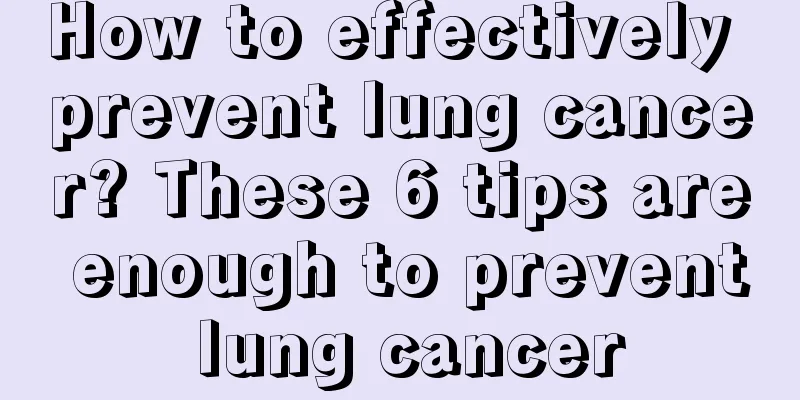Beware of blisters on your mouth, they indicate five diseases

|
When we find blisters on our mouth, we must pay attention and don’t think it is just a small problem. There may be many diseases hidden behind it. For example, allergies, infections, fatigue or vitamin deficiency, etc., usually last for a week or two and then heal on their own, but if they last for a long time and recur, you should seek medical attention immediately. 1. Red and swollen gums This is a typical symptom of gingivitis. Some people may experience bleeding, and severe cases may cause loosening and falling of teeth. Prevention is the best strategy. Brush your teeth every morning and evening and use a toothbrush to clean between teeth, especially before going to bed, to reduce the accumulation of dental plaque. Clean your teeth every six months to one year to prevent dental plaque from turning into tartar. 2. Cold sores The small blisters that grow on the lips or around them are highly contagious and often occur during periods of low body resistance such as colds, fevers, and menstruation. Cold sores can be spread through kissing, close contact with an infected person, or sharing eating utensils. Although cold sores will disappear within a few days, they feel very uncomfortable. You can apply some Vaseline on them with a cotton swab and try to avoid wind and sun. 3. Oral ulcers It can attack any part of the mouth, usually in the form of white raised blisters and is accompanied by pain. There are many causes of oral ulcers, such as allergies, infection, fatigue or vitamin deficiency. They usually heal themselves after a week or two, but if they last for a long time or recur, you should seek medical attention immediately. 4. Oral leukoplakia It is the most direct reaction of the oral cavity to external stimuli. Improper dentures, frequent smoking, and long-term exposure to wind and sun may all lead to this oral disease. It often occurs on the lips, tongue, gums and base of the tongue. There is no discomfort in the early stages. If erosion or ulceration occurs, there will be severe pain. However, if it continues to worsen and the plaque suddenly grows and thickens rapidly, you must be especially careful, as it may be a sign of precancerous lesions. 5. Geographic tongue The surface of the tongue is sunken, just like a map was drawn on it. Generally speaking, geographic tongue does not require treatment and will heal on its own, but if it is painful, you can take some painkillers and anti-inflammatory drugs. |
<<: You can tell where the disease is by looking at the face
>>: Be careful of heart disease if you exercise like this
Recommend
What is the correct way to treat polyps on the white of the eye
If a polyp grows in the white of the eye, it may ...
How to prevent fibroids in daily life
Fibromatosis is a tumor derived from fibrous tiss...
Is keratitis serious? Is it harmful?
Keratitis is an inflammation caused by corneal tr...
Who are the people at high risk of brain cancer
The brain is one of the most important organs of ...
What should I do if I get a big bump on my head
The brain can help people think about problems an...
What to do if wisdom tooth decay hurts
Wisdom tooth decay can cause toothache. Toothache...
What are the most effective ways to increase height in history
Everyone wants to be tall so that they can look b...
What is some good stomach-nourishing tea?
If we often have stomach pain, bloating and other...
Long-term exposure to arsenic can easily lead to skin cancer
The causes of skin cancer are relatively complex ...
Prostate cancer is actually not scary
Prostate cancer diagnosis: Prostate cancer is a t...
Is it good to drink purified water regularly?
Purified water is a type of water that we often d...
Will liver cancer rupture and bleeding recur?
Rupture and bleeding in liver cancer patients can...
Meditation introductory training
Usually in real life, people’s daily activities a...
Are white nematodes harmful to the body?
White nematodes refer to pinworms, which are para...
What is the reason for insufficient blood supply to the brain
There are also many arteries in the brain, and th...









